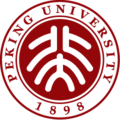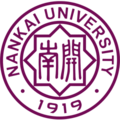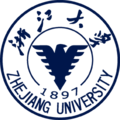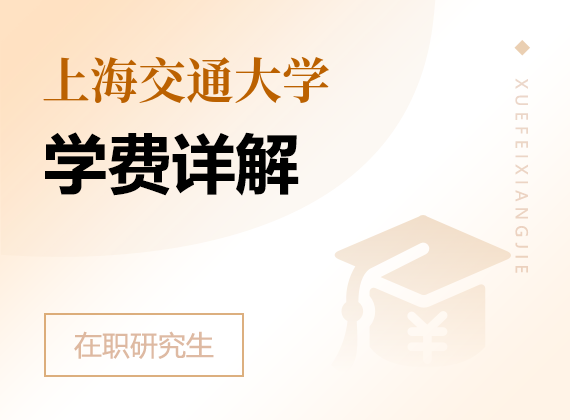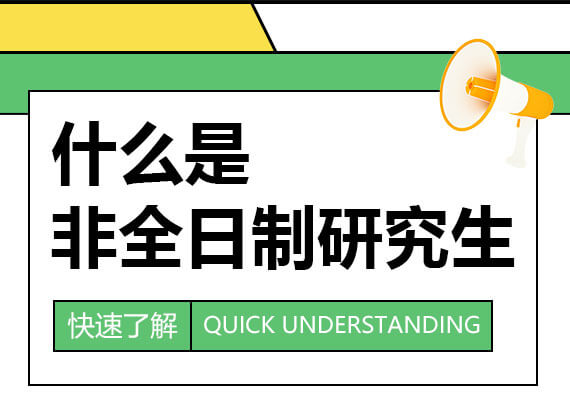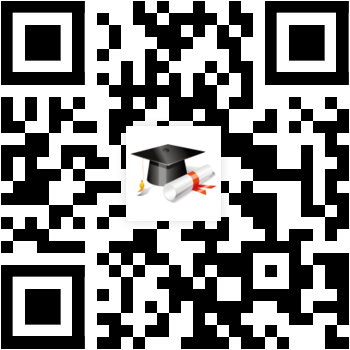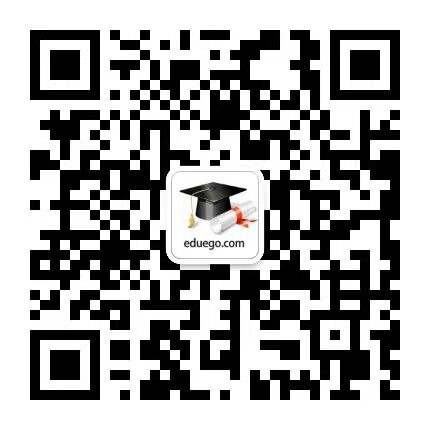一月在职联考阅读理解练习真题2
来源:在职研究生招生信息网 发布时间:2016-10-09 09:08:00
For the past few months, artificial intelligence (AI) has been a much talked about topic in the worlds of both pop culture and science. Last November saw the release of Oscar-nominated and winning biopic, “The Imitation Game”, about the father of the modern computer, Alan Turing. Last month, another Hollywood film about clever robots, Chappie, hit theaters.
Is artificial intelligence a boon or does it spell doom for humans? In their book, authors Erik Brynjolfsson and Andrew McAfee, both of whom hail from MIT, US, could barely hide their excite- ment toward the rise of machines.
According to the authors, we are entering an age of accelerated development of artificial and robotic technology. “Digital machines have escaped their narrow confines and started to demonstrate broad abilities in pattern recognition, complex communication, and other domains that used to be exclusively human,” write the authors. “We’ve recently seen great progress in natural language pro- cessing, machine learning, computer vision, simultaneous localization and mapping, and many other areas.
“We’re going to see artificial intelligence do more and more, and as this happens costs will go down, outcomes will improve, and our lives will get better.” Already AI can help blind people see and deaf people hear. And wheelchairs have been invented that can be controlled by thoughts. We are going to witness more innovations and wonders made possible by AI, according to the authors.
However, not all are equally enthusiastic about AI. A February report from the Global Chal- lenges Foundation listed AI, alongside extreme climate change, nuclear war and ecological catastro- phe, as “risks that threaten human civilization”. Many preeminent scientists share the same concern. Stephen Hawking told the BBC last December that “the development of full artificial intelligence could spell the end of the human race.” “It would take off on its own, and redesign itself at an ever increasing rate,” he said: “Humans, who are limited by slow biological evolution, couldn’t compete, and would be replaced.”
Hawking’s worry echoed that of Tesla and SpaceX boss Elon Musk, who said in last October at an MIT conference that “we should be very careful about artificial intelligence. If I had to guess at what our biggest existential threat is, it’s probably that”.
1.It can be learned from Paragraph 1 that “The Imitation Game” _______ .
[A]is a science fiction movie [B]is not a Hollywood film
[C]won Oscar-nomination [D]is about clever robots
2.Which is NOT the ability of digital machines, according to Erik Brynjolfsson and Andrew McAfee?
[A]Natural language processing. [B]Intelligence production.
[C]Fingerprint recognition. [D]Simultaneous localization.
3.It cannot be inferred that artificial intelligence will _______ .
[A]complete more chores [B]help cut down costs
[C]help deaf people hear [D]control people’s thought
4.According to Stephen Hawking, _______ .
[A]AI is one of the risks that threaten human civilization
[B]the development of AI cannot threaten human race
[C]AI might be substituted for humans in the future
[D]AI would redesign itself at a slow rate
5.A suitable title for this text would be _______ .
[A]Bleak Future of AI
[B]Digital Future: Uncertain
[C]Bright Future of Digital Machines
[D]Doom for Humans in the Future
如果大家想要了解更多有关在职研究生专业信息,可以查看在职研究生招生简章,或是通过关注中国在职研究生网微信“eduego_zzyjs”了解详情。
下一篇: 一月金融硕士专业课单项选择考前练习题3


